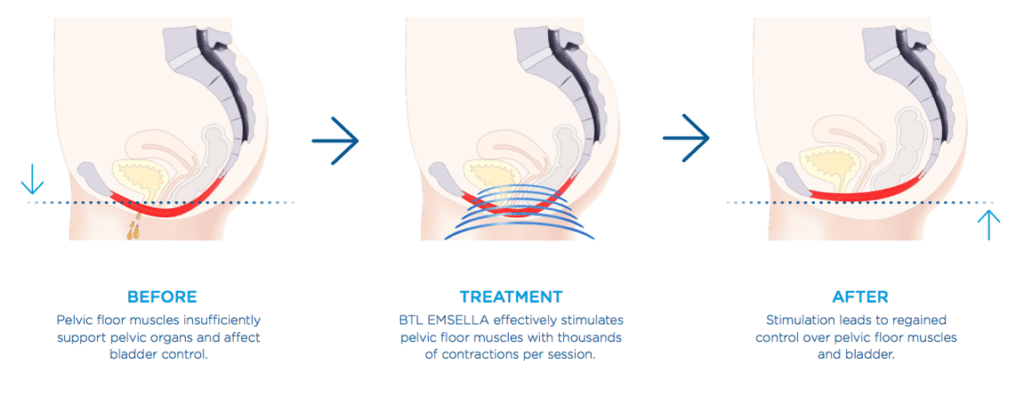What is Urogynecology?
The sub-specialty of gynecology is urogynecology. In numerous nations, it is otherwise called Female Pelvic Medicine and Reconstructive Surgery. Clinical issues, for example, the brokenness of the bladder and pelvic floor are overseen by a urogynecologist. Specialists who get extraordinary treatment to treat and determine ladies to have pelvic floor issues are referred to as gynecologists or urogyns also. On the off chance that you are encountering matters connected with pelvic organs like uterine prolapse, overactive bladder, inside incontinence, urinary incontinence, and other baffling pelvic issues, you might track down help by visiting a Urogynecologists.
Urogynecologists deal with bladder and pelvic floor problems. This involves troubles with reproduction, weak pelvic muscles, hyperactive bladders, and urinary or rectal incontinence (the loss of control when going to the bathroom). Urogynecologists perform evaluations, diagnose and treat patients.
Want to be Urogynecologist Experts then Join in Urology training Centre
How is the treatment done?

Urogynecology treats a couple of essential issues of the female pelvic floor, for example, stress incontinence, overactive bladder, voiding trouble, bladder torment, urethral torment, and vaginal or uterine prolapse.
The pelvic floor is a term used to allude to the muscles, tendons, connective tissue, and nerves that help back and control the working of your bladder, uterus, vagina, and rectum. Loss of help might prompt loss of bladder or gut control, trouble exhausting the bladder or entrails, and descending falling or swelling of the pelvic organs. The pelvic floor can be impacted by numerous things, yet normal reasons for harm incorporate labor, rehashed hard work, stress for defecations, a few ongoing illnesses, and medical procedures.
Urinary incontinence is one of the essential medicines that urogynecologists give. Urinary incontinence can be caused either because of stress (alluded to as pressure urinary incontinence, or SUI), or an overactive bladder. Contingent upon the kind of incontinence, your urogynecologist will offer you arrangements like surgeries, as well as specific activities that you can do at home to fortify your pelvic muscles. Most regularly, SUIs are overseen by medical procedures while the medicine is by and large utilized for encouraging incontinence.
In the event of loss of help or prolapse of the pelvic organs, careful choices are for the most part suggested, which right the issues with the pelvic organs. Non-careful choices are additionally accessible, yet they are by and large not quite as successful as a medical procedure.
What are the post-treatment guidelines?
Urogynecology issues such as bladder incontinence that are generally solved via medication do not have any post-treatment guidelines. However, in cases of surgeries involving the pelvic floor (such as pelvic reconstructive surgery), there are certain guidelines that need to be followed after the surgery has been done. Healing takes around 3 months, so during this time you should avoid any task that can put pressure on the repair i.e. lifting, straining, vigorous exercise, coughing and constipation. You should be able to drive and be fit for light activities within 3-4 weeks of surgery. Patients are also advised to wait for at least 5-6 weeks before having sexual intercourse.
Conclusion
At the point when you visit a urogynecologist, the specialist will survey your clinical history and examine any side effects connected with your pelvic floor or bladder. They’ll need to know the effect these side effects have on your personal satisfaction.
The specialist will attempt to distinguish what’s causing your issues by looking at muscles, tendons, connective tissue, nerves, and organs inside the pelvis. When they make a conclusion, they can work with you on a treatment intend to assist you with getting help.




